Business Insurance: Definition, Types and Cost
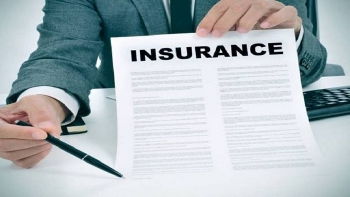 The Weirdest Insurance Policies in The World The Weirdest Insurance Policies in The World |
 How Does Mortgage Insurance Work? How Does Mortgage Insurance Work? |
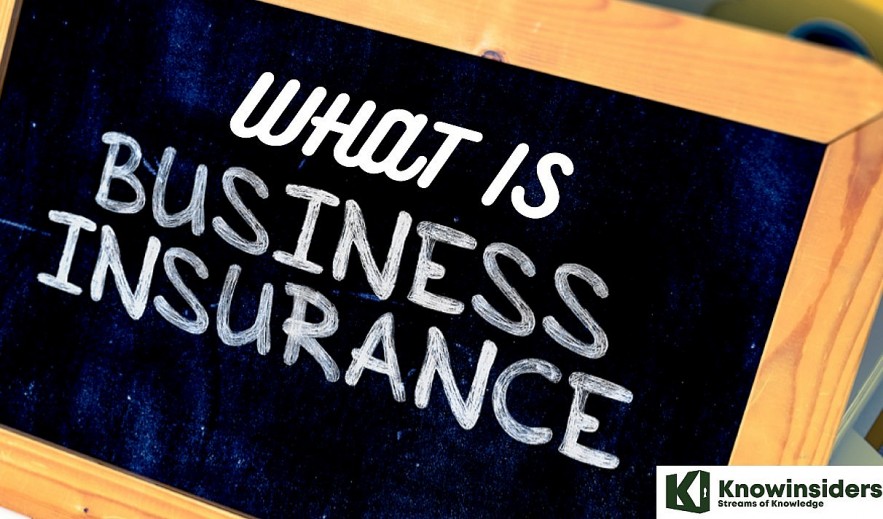 |
| Business Insurance |
| Contents |
If you want to start a business, it is important to understand insurance and policy, which brings us to the question: “What is Business Insurance?”. Even though it is not difficult to understand, it can still be confusing to people who are new and customers.
In the article below, Knowinsiders.com will explain the insurance, what type of insurance that you need, and other detailed information.
Business Insurance: Definition
When a company faces a compensation claim or other financial loss as a result of doing business as usual, having business insurance in place can help mitigate the impact on operations. Insurance policies such as professional liability, general liability, and employer's legal responsibility are provided.
Insurance requirements for a golf course or auto repair shop would be very different from those of a neighborhood ice cream parlor. Due to the fact that it provides comprehensive protection against risks such as theft, vandalism, and lawsuits, a business owners policy (BOP) is a popular choice among small businesses.
Policyholders can also tailor their protection to specific fields of business activity.
How does business insurance work?
A business insurance policy is a legally binding agreement between an insurance provider and a company. In exchange for regular premium payments, the insurance company guarantees to cover any losses that fall within the policy's coverage.
It is the policy of the company to submit a claim whenever a loss occurs. If a fire causes damage to the company's property, an insurance claim will be submitted.
In order to process your claim, an adjuster will first evaluate the damage. As a result, the business will get paid for the loss, minus any deductible.
Insurers and business owners alike face a wide variety of situations when making and submitting claims. If the victim is a customer, the customer will likely seek compensation through the company's liability insurance.
The claim is handled differently if it is larger, if an insurance settlement is possible, and if a lawsuit is filed.
What does Business Insurance cover?
Insurance shields your company from the expense of claims for property damage or bodily injury. For instance, if a customer gets hurt while shopping at your store, he might file a claim against your company. You may be protected by general liability against the expense of the claim and potential defense expenses. According to The Hartford, it also helps shield your company from the expenses associated with advertising mistakes.
Buildings and other assets belonging to your company are protected by business property insurance. This may involve inventory, furniture, equipment, and tools.
If you have to temporarily close your business because of a covered loss like theft or property damage from a fire, business income insurance can help you replace lost income. Additionally, it can assist you in covering expenses while your property is being replaced or fixed.
Insurance against professional liability helps pay for expenses associated with assertions that the company's services were rendered incorrectly. Professional liability insurance, for instance, can assist in covering the costs if a client files a claim and your clerical error results in them losing thousands of dollars. A company can be sued without having done anything wrong. Depending on the circumstances, coverage would be necessary to defend a company in court.
Workers' compensation insurance assists in paying expenses for workers who are unable to work due to an illness or injury sustained at work. The Hartford's workers' compensation program offers programs to aid employees in getting ready to resume work after an absence. Additionally, workers' compensation may help with the cost of a lawsuit brought by a worker's family against your company.
A commercial auto policy can assist in defending your company against the financial burden of a work-related auto accident. Commercial auto can assist in paying for accident-related expenses if you or a staff member is involved in one while operating a vehicle for professional purposes.
Insurance against data breaches can shield your company from the financial impact of online threats and attacks. If your company is hacked, insurance from The Hartford can help with the costs of mitigating the damage, identifying the point of entry, communicating with affected parties both inside and outside the organization, and using public relations to manage your brand's reputation during the crisis. Even access to services that teach you best practices to help prevent breaches is covered by our data breach insurance policy.
When other liability insurance policies have reached their maximum limits, commercial umbrella insurance serves as a safety net and extends additional protection. Let's take the scenario where a customer slips and hurts himself inside your shop. He then asserts a $20,000 claim against your company. Commercial umbrella insurance would assist in covering the extra $50,000 if your general liability policy has a $150,000 cap. In order to help protect against financially crippling lawsuits and claims, businesses find that this coverage is crucial.
Your company can be protected from the costs of covered flood damage with the aid of commercial flood insurance. This includes harm done to your company's assets and physical location. Consider the scenario where your company's basement floods due to snowmelt. The floor and some tools are harmed by the floodwater. If this occurs, a commercial flood may be able to assist with the expense of fixing the broken floor and equipment.
If an employee sues you, employment practices liability (EPL) can shield your company from financial loss. Even if you are not at fault, it can be expensive to defend yourself in court. For reasons like discrimination, harassment, or wrongful termination, employees may file a claim against your company. If they do, EPL can assist with the associated expenses.
The Hartford's risk engineering services offer mid- and large-size businesses loss control strategies that improve workplace safety. Risk engineering experts assess the risks that your company is exposed to before developing improvement plans and programs that will teach you and your staff how to handle accidents safely and adhere to safety regulations. This could lead to a business that is safer, more effective, and more successful.
If your company operates outside of the United States, multinational insurance can help you simplify coverages. With this The Hartford coverage, you'll have one point of contact for all of your commercial insurance requirements. Over 150 nations are covered by our multilateral insurance policy.
Bonds for surety and fidelity - A surety bond is a three-party agreement that helps ensure that a project is finished or a commitment is met and ensures payment in the event that they are not. Fidelity bonds are a type of insurance that shields companies from losing money as a result of employee fraud or theft.
Types of Business Insurance
Here are the most popular types of business insurance and the reasons why business owners may need them.
Public liability insurance
If your company interacts with the general public, whether on your property or somewhere else, public liability insurance is an important factor to take into account. You may be shielded from third-party compensation claims for harm or damage brought forth by clients, customers, suppliers, or other parties. The majority of stores, eateries, hair salons, builders, and tradespeople purchase this insurance. To find out if a specific level of public liability insurance is required, check your client contracts.
Professional indemnity insurance
If your company gives advice or provides a professional service to other companies, or if you work with client information or intellectual property, professional indemnity insurance is crucial. Your professional indemnity insurance can pay for the legal fees and compensation claims if you make a mistake in your work that causes your client to lose money and sue you. Professional organizations that regulate their members, such as those for surveyors, accountants, and architects, demand proof of this insurance.
Employers’ liability insurance
Employers' liability insurance is typically required by law if your business has any employees. Employees who become ill or sustain property damage on the job are covered by these policies, which pay them damages or medical bills. Exempt from the law are businesses that employ only members of the same family. The Health and Safety Executive (HSE) guidelines can help you determine if you are exempt from this regulation.
Business buildings insurance
Whether you work from home or have separate business premises such as a shop, office, or pub, business buildings insurance should be a priority. If you rent the premises, make sure to check with your landlord to see what’s already covered.
Business contents insurance
You can also protect the contents of your business premises, your business equipment, and tools. If these are damaged, destroyed, lost, or stolen, this cover will pay the cost of replacements or repairs.
Stock insurance
If you hold any stock, whether on your premises or in storage, stock insurance will cover the cost of replacing it if it’s damaged, destroyed, or stolen.
Product liability insurance
Product liability insurance protects you should a customer of yours suffer damage as a result of a faulty product you provide. You may be held liable for damage even if you didn’t manufacture the product.
Personal accident insurance
Accidental death and serious bodily injury are covered by personal accident insurance. Up to the policy's maximum, it can compensate for things like lost wages, medical bills, and inpatient care. The maximum payout for an injury is £10k, and the maximum payout for death is £20k.
Business interruption insurance
Business interruption insurance gives you the financial safety net you need if a natural disaster, fire, or other covered peril causes material damage to your company and forces you to temporarily close your doors. If your office was damaged by fire, for instance, and you had business interruption insurance but not property insurance, you would still be able to recover some of your lost income.
How much does business insurance cost?
Insurance premiums for companies can range widely. The price varies according to the nature of the business and the policies that are deemed necessary for its operation.
The average monthly premium for business insurance is $200. The price tag will also be proportional to the company's overall size. The cost of insurance for a large company with many employees and a wide range of business risks is much higher than the cost for a small, home-based business.
Effective risk management practices and price comparisons across multiple insurance providers can help keep business insurance premiums down.
Helping with this is a commercial insurance specialist from an independent insurance agency that can handle all of a company's insurance needs from a central location.
How do I get business insurance?
Multiple options exist for acquiring coverage for a company. Shopping for insurance can be done either online or by calling a customer service agent. However, the coverage offered and the cost of premiums for business insurance policies vary widely from one enterprise to the next.
Therefore, it is recommended that you consult with an independent insurance agent who can compare policies and costs from multiple providers.
Customized coverage that fits your company's needs can be crafted by an independent agent who focuses on commercial insurance.
Independent insurance agents can tailor your commercial insurance policy to your specific business's needs because of their access to multiple insurance providers.
Get the necessary commercial insurance coverage by contacting an independent agent in your area.
What insurance do I need to start a business?It's important to plan ahead for both the immediate needs of your company and any potential future expansions when purchasing commercial insurance. Employers' liability insurance isn't something you need to worry about if you don't currently have any workers, but you may want to think about including it in your policy if you anticipate needing to hire employees in the near future. You can always increase your levels of protection if you become concerned about the future of your company. What insurance do I need for a small business?Depending on the specifics of your company's setup, your small business may need many of the same types of insurance as a larger corporation. If you're a one-man operation, for instance, you likely won't need to purchase employers' liability insurance, but you might want to protect other aspects of your company. Assuming you've given some thought to what you hope to achieve with your insurance, you can then pick and choose from the various coverage options listed above to create a policy that works for you. |
 What Is A Money Market Account? What Is A Money Market Account? When it comes to money and savings, it is important to understand how things work, if you choose to open a Money Market Account. |
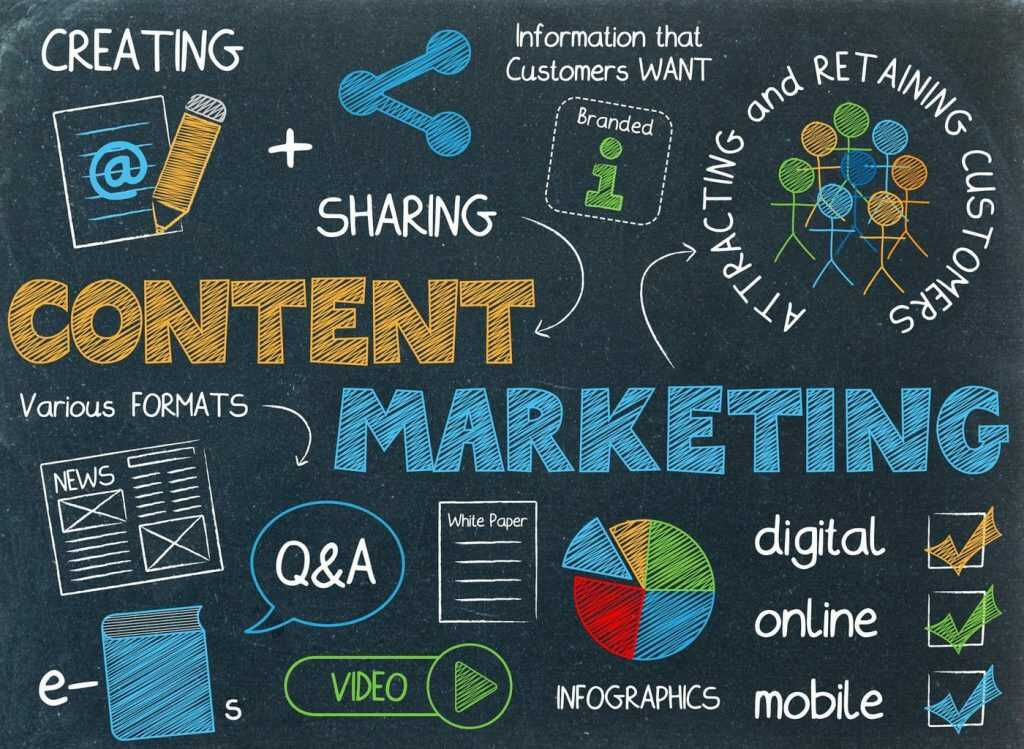 What Is Content Marketing and How It Works? What Is Content Marketing and How It Works? Content Marketing is important in any business, but not easy to understand its benefits, advantages or disadvantages, and how to get started. |
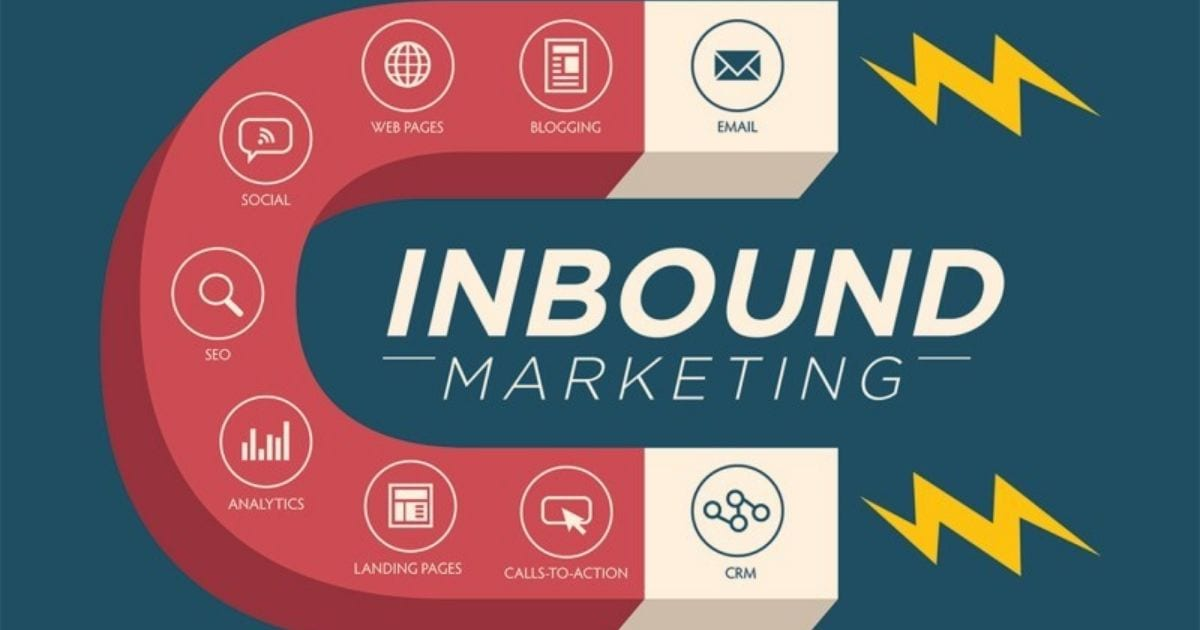 What Is InBound & OutBound Marketing: Definition, Pros and Cons, Strategies and More What Is InBound & OutBound Marketing: Definition, Pros and Cons, Strategies and More We will explain for you in detail what is Inbound Marketing, its pros and cons, strategies, and more. |
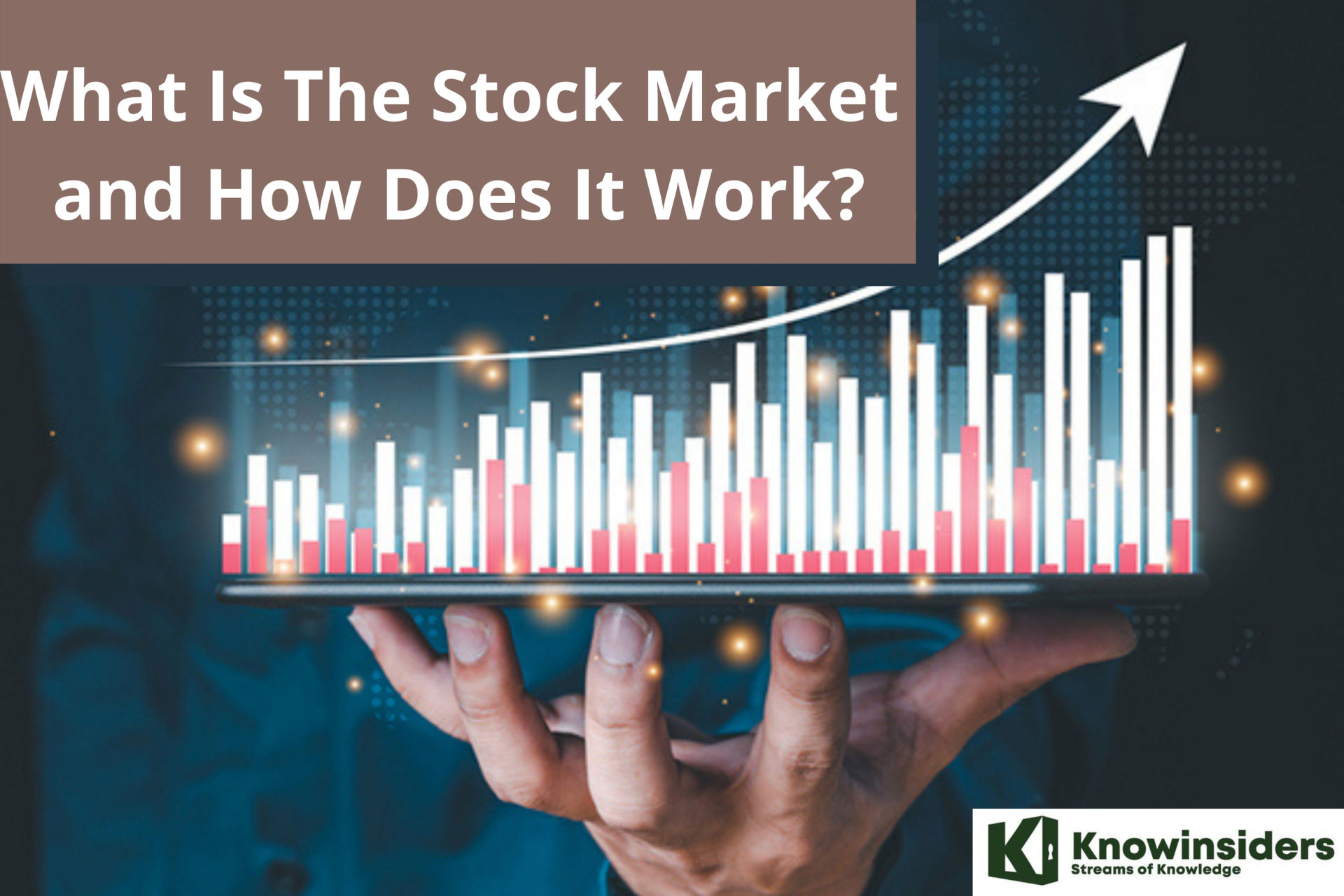 What Is The Stock Market and How Does It Work? What Is The Stock Market and How Does It Work? What are the stock market and the role of the stock market? In order to understand the mechanics of the stock market, let's explore by ... |


























